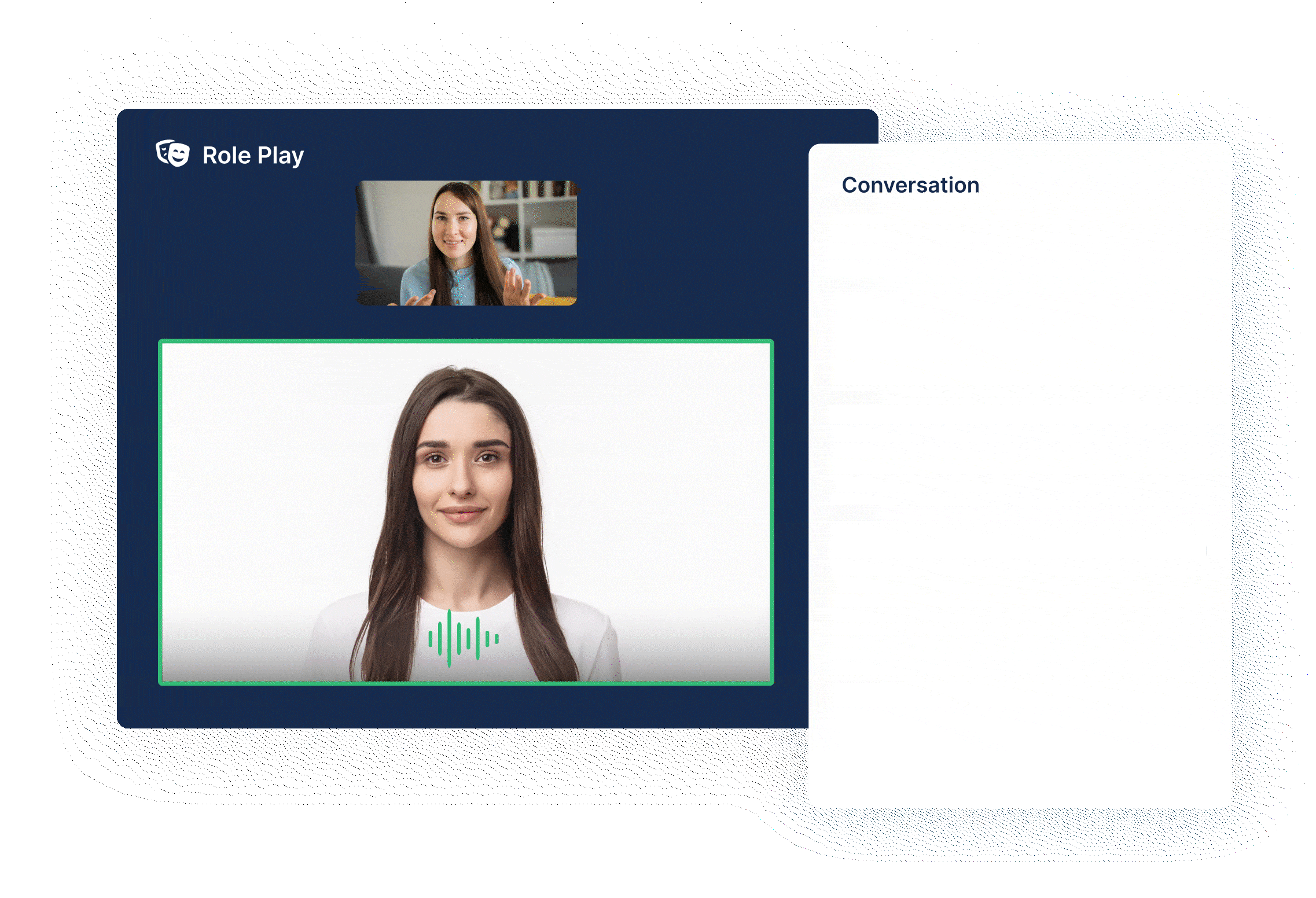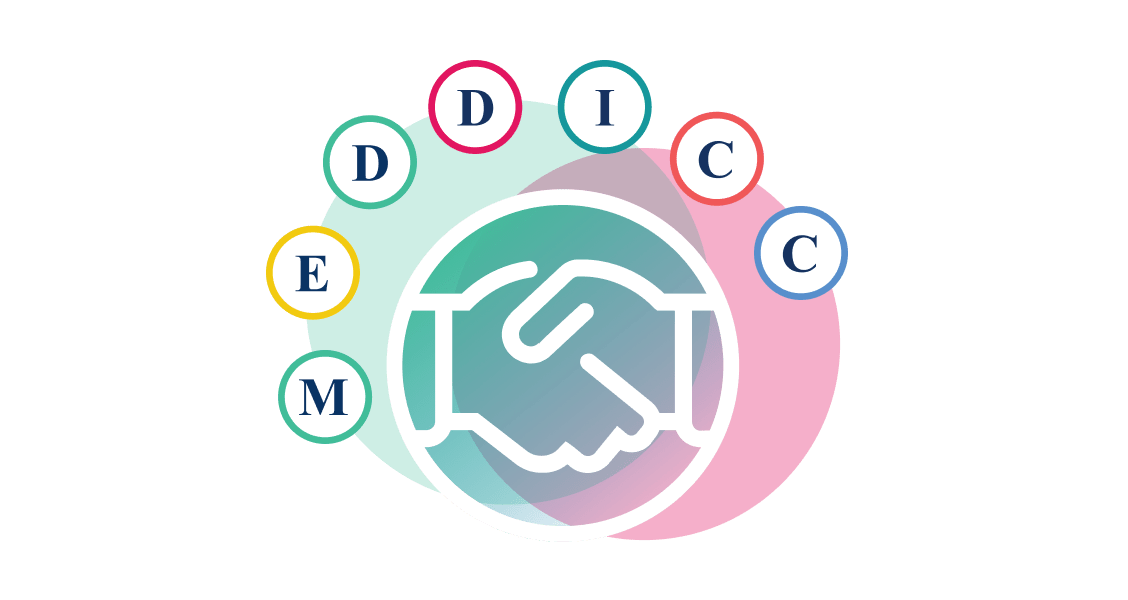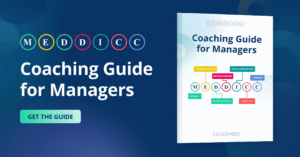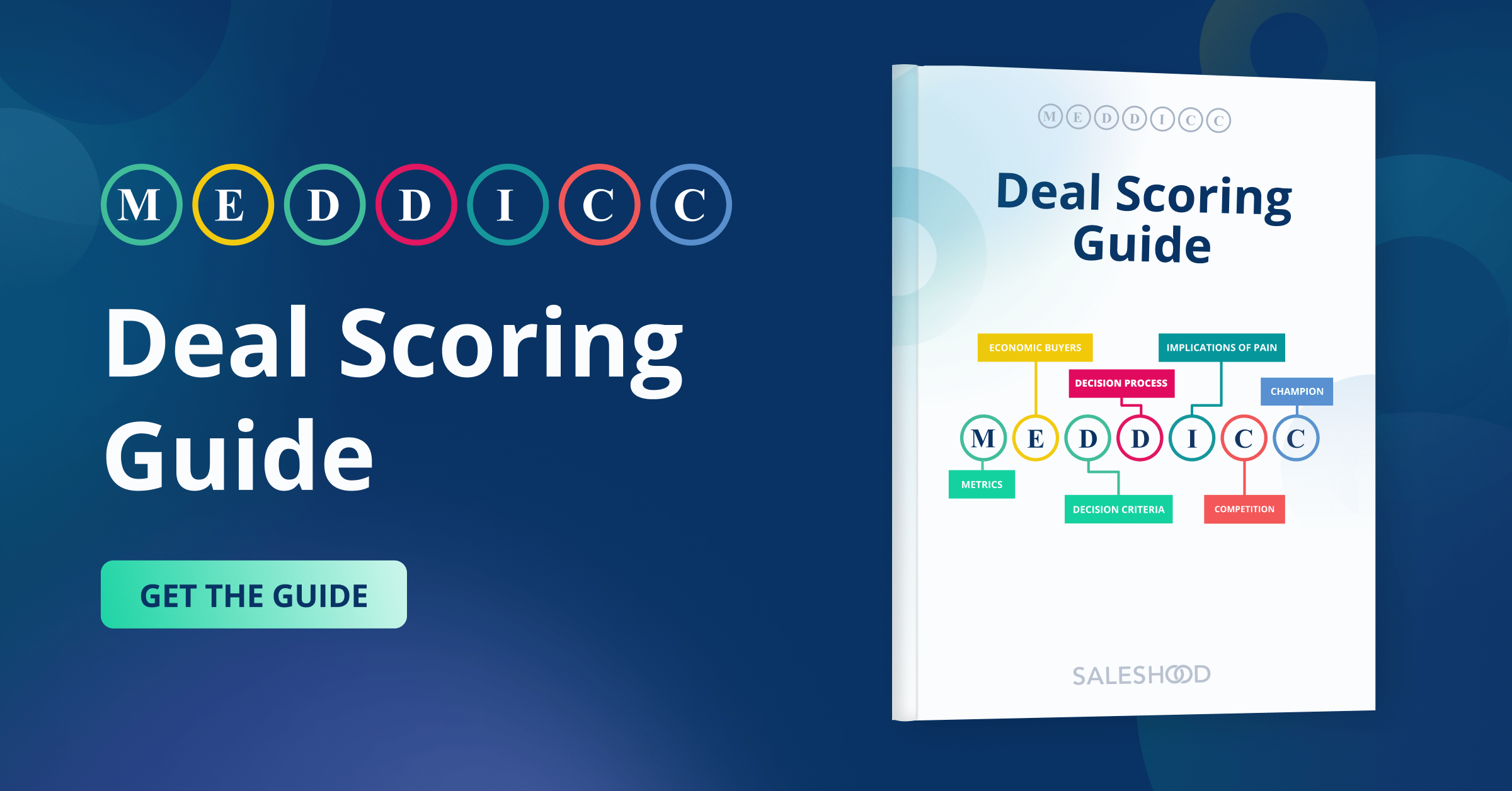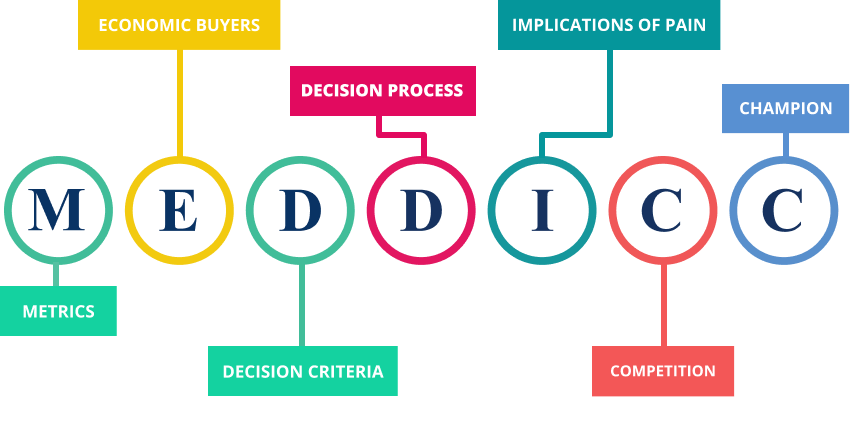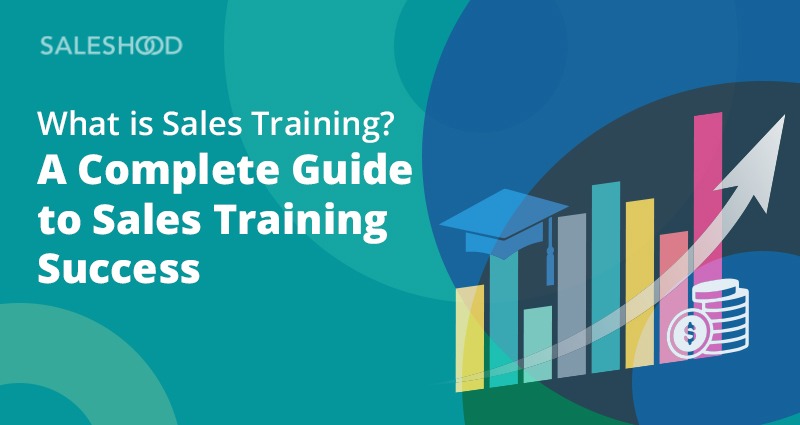A topic that comes up a lot in B2B SaaS sales is: “How do you know your champion is your champion?” What a great question. Being able to answer this question will result in deals progressing faster and more predictably through the funnel. Sellers will be able to spend time working winnable deals versus deals that are never going to close. Customers will have an enhanced buying experience if there is clarity on why it matters if they are or are not your champion. Some say no champion, no deal.
Champion is also one of the letters in the popular and widely used MEDDICC / MEDDPICC sales qualification framework.
MEDDICC
The MEDDICC sales qualification framework emphasizes better customer qualification— determining whether or not you should expend effort getting a customer into your sales funnel.
The letters in MEDDICC stand for:
|
M – Metrics E – Economic Buyer D – Decision Process D – Decision Criteria I – Identify Pain C – Champion C – Competition |
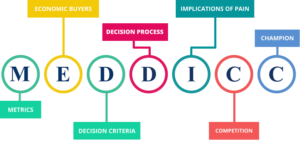 |
Testing your champion
In the spirit of sharing insights and sales coaching guidance, here are seven ways to test your champion to see if they’re really your champion.
Test #1: Introduce the concept of the mutual plan as you recap your first or second call. Your champion should be ready and willing to co-create their mutual success plan with you. If they push back, that’s a bad sign. It could also just be bad timing, so don’t lose faith yet.
Test #2: Ask your champion to quantify their priorities and issues. They should have clarity of the impacts. If they don’t, they should know where to get the data and numbers. They may need some coaching and business case templates from you. The real tell is if they don’t want to engage in a value conversation with you.
Test #3: Ask your champion who the executive sponsor is or could be. Their answer will tell you if they’re your champion or not. Some may say they are. You’ll need to verify and then ask them who the champion will be. If they don’t have a clear answer on who the executive sponsor is, that’s a problem. In B2B sales, you’ll need a champion and an executive sponsor who are most of the time different people.
Test #4: Ask for an introduction to the executive sponsor. If they say no, that’s not a good sign. Co-selling with your champion means transparency across the political map all the way up to the executive sponsor.
Test #5: Ask your champion if they need help with slides, business justification or any planning for an upcoming meeting with their executive sponsor or decision team. If they say no, they’re good, that’s usually not good. It can be a sign that your champion may not have visibility to what’s going on or they’re not going to champion your solution.
Test #6: Ask your champion to map out the decision process and procurement process. If they say they don’t know and are not willing to work with you to map out the process – then they are not your champion.
Test #7: Asking your champion to explain how your solution differs from competitors and why they believe your solution is the best fit. The decision team is going to ask, and if your champion can’t deliver clear and compelling reasons – and is willing to accept an alternative (maybe lower cost) solution – then you don’t have a champion.
There’s a ton of nuance in these tests and qualifiers that are very deal specific and time-based. Some deals may not be ready to start working yet. That’s ok, keep building the relationship.
That said, understanding and using this list of champion tests, should serve you well. You’ll qualify deals faster and spend more time on deals you can win versus. spending time on un-winnable deals.
Checklist to test champion
Here’s a simple checklist you can use. Turn these items into fields in your sales system and/or integrate these questions with your forecasting methodology.
-
- Mutual plan is co-created with champion
- Business issues are quantified by champion
- Executive sponsor is identified by champion
- Executive sponsor introduction made by champion
- Business justification is created with champion
- Decision process is mapped out with champion.
- Competitive differentiators are understood by champion.
Here’s a video talking through some of the ways to test your champion.
Tips to sell with champions
Align with top initiatives: What top initiative are we solving? Remember, we’re solving problems. We’re not selling products and services. Is the problem we’re solving our champion’s top priority? How will our champion be measured and compensated on the success of this initiative? What is the compelling reason to act now? How real is the compelling event? Aligning with a champion’s top priority shifts our project from a “nice to have” to a “must have” solution.
Co-create mutual plans: Our job is to guide our customers through the journey of solving their problems. We’re the experts. We’ve done this before. We know what success looks like. We know how to avoid project pitfalls. We know all the steps required to realize the benefits of our solutions. The success plan (aka mutual plan, close plan) is intended to help champions rally resources internally to achieve their stated goals. Success plans are most effective when they’re co-created with a champion and validated with economic buyers, decision makers, and all influencers.
Map influencers & decision-makers: How does your organizational-political map look like? Take the time to build it out with your champion. If the champion isn’t ready, then go back to aligning with top initiatives. Push back usually means vendor-relationship versus trusted-partner relationship. The exercise of mapping out influencers and decision maker is designed to uncover blind spots and competing organizational goals and priorities. Uncovering the decision making process and all key influencers, reduces the risk of a project going sideways.
Create executive summaries: We all want to share all the details our champions need to communicate our value. Doing it succinctly with brevity in mind is very hard. We tend to overwhelm and not focus on what’s most important. Rather than sending a sixty slide deck, why not send one slide? Our champions insert one slide in a presentation that is being presented by the economic sponsor to a committee, board or CEO. The slide (a single one page doc is good too) should include: goals, success metrics, expected outcomes and project timeline.
Be grateful: The position of trusted advisor with a champion is very fortunate. Show gratitude by going the extra mile to make champions successful. Recognize their great work. Be transparent. Always CC your champion on every email. Be inclusive. Be direct. Be human. Send hand-written thank you notes when shared milestones are achieved. Always be grateful to your champion and don’t forget to be grateful to all influencers, decision makers, and executive assistants too. Things always change in companies. If a deal isn’t ready to happen now, it doesn’t mean it won’t happen in the future.
You can use the checklist and the tips to self-assess how you’re doing selling with your champion. How do your deals really look? What blind spots did you uncover? What are your next steps?
If you and your team are interested in working through these selling with champion tips, request a SalesHood trial today to elevate your sales results or click here to learn more about MEDDICC.
Mastering Champion Validation with AI Role Play
Identifying and validating a true sales champion requires practice—and AI Role Play can accelerate skill development like never before. Instead of waiting for live sales interactions to test your approach, AI-powered simulations provide a safe, scalable way for sellers to refine their ability to engage, challenge, and validate champions.
🔹 Realistic Conversations – AI Role Play replicates real-world sales scenarios, allowing sellers to practice champion validation questions and refine their responses based on AI-driven feedback.
🔹 Instant Coaching & Feedback – AI evaluates the effectiveness of your questioning techniques, guiding sellers on how to dig deeper into power, influence, motivation, and decision criteria.
🔹 Scalability & Consistency – Sales teams can practice champion validation anytime, ensuring that every seller is prepared to navigate complex deals with confidence.
By integrating AI Role Play into your sales training, reps can proactively develop the skills needed to test champions, increasing deal success rates and accelerating pipeline velocity.
Want to see AI Role Play in action? Learn more here.
